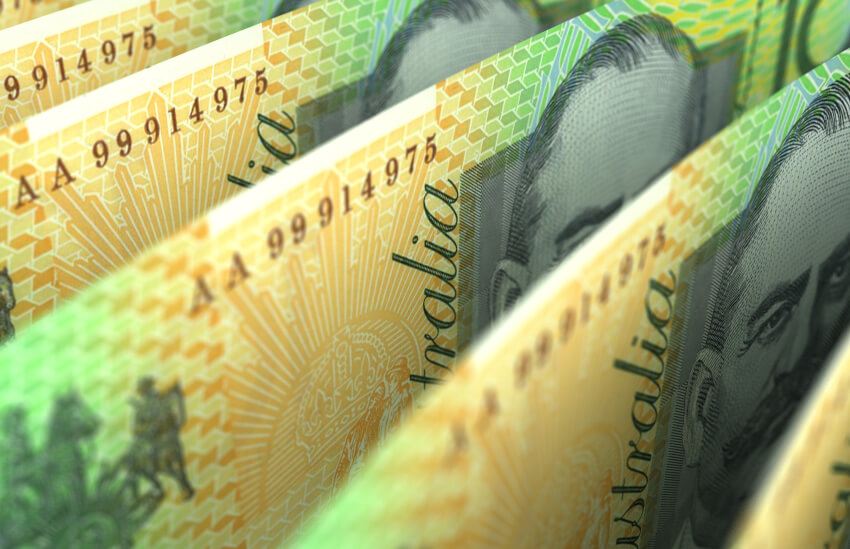Announced in the first round of the government’s stimulus package in early March, the instant asset write-off threshold was increased by fivefold, rising from $30,000 to $150,000.
Access to the instant asset write-off was also expanded to businesses with an aggregated turnover of less than $500 million, 10 times more than the previous $50 million limit.
You’re out of free articles for this month
However, the increased and expanded measure will only run until 30 June 2020, before reverting to its legislated $1,000 threshold and reduced eligibility to small businesses with a turnover of less than $10 million.
While the write-off had been extended on a yearly basis in previous budgets, the postponement of this year’s budget to October has raised uncertainty over the future of the incentive, although Prime Minister Scott Morrison has declared that tax measures to encourage investment will be part of his JobMaker plan.
The measure has been historically poorly received and it remains to be seen if business owners will reach for their wallets in the current economic environment.
“To get the immediate benefit of the instant asset write-off, you need to be paying tax. Many businesses will struggle with having a positive taxable income in the current financial year. This will be the main reason that business people may not be so interested in it,” Tax & Super Australia senior tax counsel John Jeffreys said.
“And, of course, you have to have the money to pay for the asset or get someone to lend the money to you. Some business people may prefer to be conservative and save their cash.
“Nevertheless, the drop from $150,000 to $1,000 is very significant, and I doubt that the opportunity will be repeated. You may not be able to use up all of the tax deduction in the current financial year, but if you return to profitability in the year ending 30 June 2021, it can be a nice tax deduction to help you with your tax bill.”
For businesses that do decide to utilise the instant asset write-off, Mr Jeffreys noted that the asset will need to be used or installed ready for use by 30 June 2020.
“Often, more expensive assets have a longer lead time between order and delivery/installation, so businesses that want to claim the deduction need to get their orders in,” Mr Jeffreys said.
“If they have an order made, they will need to watch the date of delivery, particularly with all of the COVID-19 global delivery and manufacturing issues.”
For those who are considering purchasing a car, the ATO has reminded that the instant asset write-off will be limited to car limit of $57,581 for the 2019–20 income tax year, with the excess cost unable to be claimed under any other depreciation rules.
Full details around the expanded instant asset write-off are available here.
Jotham Lian
AUTHOR
Jotham Lian is the editor of Accountants Daily, the leading source of breaking news, analysis and insight for Australian accounting professionals.
Before joining the team in 2017, Jotham wrote for a range of national mastheads including the Sydney Morning Herald, and Channel NewsAsia.
You can email Jotham at: This email address is being protected from spambots. You need JavaScript enabled to view it.

 Login
Login







